How do you remember a year?

Will 2019 be the year a money laundering inquiry was called, or the one where the last MSP bill showed up? How about the year of Darryl Plecas, Jinny Sims, or Andrew Weaver?
British Columbia also made history this year with legislation, from UNDRIP to Daylight Saving Time to gas price transparency.
Here’s a look at the top B.C. political stories of 2019.
Fixing ICBC dumpster fire
It was the largest shift to ICBC’s policies since the public insurer was created in the 1970s.
In April, the B.C. government rolled out a settlement cap on injuries it defines as soft tissue, coupled with the introduction of a resolution tribunal for ICBC cases. The changes are forecast to save the insurer a billion dollars a year.
In September, the most dramatic rate structure change in the province’s history came into effect. Attorney General David Eby promised bad drivers will pay more, good drivers will pay less. But the changes have left families with young drivers with big bills.
The courts also sent the province a message. The B.C. Supreme Court ruled that changes made to restrict expert reports were unconstitutional. The change meant the province lost a potential $400 million in savings this year.
“The issue of adversarial experts who take one side or another of a lawsuit has also been a problem facing jurisdictions across the common law world,” Eby said in February. “In Australia and the United Kingdom, they have tackled this issue very aggressively.
“Unfortunately, the story is not true in B.C.”
WATCH: Globalnews.ca coverage of ICBC
Ridesharing is coming
It was “more complicated” than Premier John Horgan had ever expected. The vow to have ridesharing on the road by Christmas 2019 hit a number of speed bumps along the way.
The taxi industry is in the midst of legal action around the lack of licence caps for ridesharing companies. The ridesharing companies themselves are frustrated over a requirement all drivers must have a Class 4 licence.
Some municipalities aren’t happy, either. Surrey is vowing to keep ridesharing out, Burnaby wants to charge more than $500 for a business licence and the Mayors’ Council is trying its best to bring in a regional business licence.
“The public demand for these services is clear, and I continue to encourage municipalities to work together to establish an inter-municipal business licence that would allow ride-hailing services to use one single licence across the Lower Mainland,” Transportation Minister Claire Trevena said.
WATCH: Globalnews.ca coverage of ridesharing in B.C.
Speculation tax concerns

The speculation tax wasn’t new in 2019, but the concerns raised by the residents of Belcarra were.
The oft-forgotten Metro Vancouver community north of Port Moody raised concerns about the speculation tax on homes that were summer homes, only accessible by water with a nearly impossible chance of being rented out.
Mayor Neil Belenkie went to the B.C. legislature with a group of residents to raise concerns.
In December, the province exempted water-only access properties, but mayors across the province are still worried about the tax hurting local residents and not addressing the issue of affordability.
Watch: Globalnews.ca coverage of B.C.’s speculation tax
Goodbye MSP, hello Employers Health Tax
The dreaded MSP bill for more than one million British Columbians is no more. The province has sent out the last bill and starting Jan. 1, 2020, there will be no more MSP in British Columbia.
But to cover the missing revenues, the province has been collecting an Employers Health Tax since the beginning of January. That meant for 2019 many businesses paid twice, doling out both MSP for employees and a health tax to the government.
The province made some changes to the tax, exempting charities and not-for-profits, but businesses have been forced to increase prices to consumers to cover the costs. Municipalities have also been hit hard, blaming some property tax increases on the change.
Watch: Globalnews.ca coverage of the switch from MSP to EHT
Andrew Weaver quits
He is the face of the BC Greens. But not for long.
Green Party Leader Andrew Weaver announced in 2019 his plans to step aside from the job he has held since 2015. Weaver’s decision to give up the job of leader has triggered a leadership race for the party that now occupies three seats in the B.C. legislature.
Weaver points to the province’s climate action plan as his most significant achievement but he will always be remembered for striking the deal to put Horgan in the premier’s office.
“This makes the start of the leadership contest an appropriate time to let the party begin a new chapter,” Weaver said.
“It presents an exciting time for the next generation to lead. I look forward to supporting this new period of the party’s history.”
WATCH: Globalnews.ca coverage of Andrew Weaver
Jinny Sims resigns
Premier Horgan’s minority government has surprised many with its stability. But Jinny Sims did a lot to shake that foundation.

Get daily National news
In October, Sims stepped down as the B.C. minister for citizens’ services amid an RCMP investigation related to her. The investigation has been clouded in secrecy, with Sims acknowledging as recently as late November that she didn’t even know why she was being investigated.
Before the investigation was launched, Sims was accused of writing support letters for travel visas to be issued to 10 Pakistani individuals.
A former employee, Kate Gillie, also charged that Sims spoke openly about being promised campaign donations for writing the letters. None of the allegations has been proven or linked to the investigation by the RCMP.
“I accepted her resignation as appropriate under the circumstances,” Horgan said in a statement. “We take any such investigation very seriously.”
WATCH: Globalnews.ca coverage of Jinny Sims
UNDRIP Legislation
It was history made by the B.C. government.
British Columbia became the first province in Canada to pass legislation to legally implement the United Nations Declaration on the Rights of Indigenous Peoples (UNDRIP).
The legislation sets a framework to align provincial laws with the standards of the UN declaration. It requires that Indigenous Peoples be included in all decision-making that impacts their rights.
The law, which will apply to all existing and yet-to-be-introduced legislation, was developed in collaboration with the First Nations Leadership Council at the direction of First Nations. The legislation creates a framework for reconciliation in B.C., in keeping with the Calls to Action of the Truth and Reconciliation Commission.
“It is a commitment to respect, promote and advance the rights of Indigenous people,” B.C. Minister of Indigenous Relations and Reconciliation Scott Fraser said.
“Through this legislation, we are respecting the rights of Indigenous Peoples through laws.”
WATCH: B.C. introduces UNDRIP legislation

Speaker scandal
The year started with the Plecas Report and ends with a search for a new sergeant-at-arms and clerk at the B.C. legislature.
Plecas’ bombshell report in January set up a year of finger-pointing, flared tempers, resignations and more reports. The wood splitter, a trunkload of alcohol, expensive luggage and suits will all stand out as some of the most salacious accusations of misuse of public funds made by Speaker Darryl Plecas.
Clerk Craig James was the first to go, retiring with a non-financial settlement after former chief justice of the Supreme Court of Canada Beverley McLachlin found he had committed “administrative misconduct.” The report cleared sergeant-at-arms Gary Lenz of wrongdoing.
Lenz still vows he did nothing wrong, but he resigned in the fall just a week before a report from former Vancouver deputy police chief Doug LePard became public. LePard found Lenz lied to McLachlin as part of his report.
The RCMP is expected to wrap up the ongoing investigation in 2020.
WATCH: Globalnews.ca coverage of the legislature scandal
Gas price regulations
April saw record-breaking gas prices in Metro Vancouver, with some stations in Burnaby jumping to $1.68 a litre.
The battle at the pumps made its way to Victoria, where the BC Liberals accused the government of not doing enough to help drivers. The suggested solution from Liberal Leader Andrew Wilkinson was to provide temporary tax relief on provincial fuel taxes.
But the province wasn’t budging. Instead, Horgan asked the BC Utilities Commission to review how gas prices are set. The independent body ultimately found an unexplained 10- to 13-cent premium on Lower Mainland fuel prices over Pacific Northwest wholesale prices.
The provincial government then passed legislation to force oil companies to reveal how they set gas prices.
Fuel companies have disputed the BCUC’s findings, arguing that the regulator’s methodology was flawed and that B.C. and Canada’s low carbon fuel standards and transportation costs account for the differential.
“People are finding it incredibly frustrating to watch the prices of gasoline shoot up for no reason, and they are tired of feeling ripped off whenever they fill up their vehicles,” Jobs Minister Bruce Ralston said.
WATCH: Globalnews.ca coverage of gas prices
Caribou protection plan

In June, the province pushed the pause button on new resource development in the ongoing struggle to deal with long-term caribou protection strategies in the northeast part of the province.
Horgan announced the moratorium after it was brought forward by former B.C. Liberal minister Blair Lekstrom, who had been hired by the province to consult with the community around the caribou plan.
The province’s original plan to protect the province’s dwindling caribou population was panned in the Interior by those who said it would lead to job losses in the forestry sector.
The original plan announced in March included two draft agreements with the federal government and two First Nations that would establish additional protected areas for the endangered species and other measures meant to protect the animals from wolf attacks.
“Everyone in the Peace region agrees that we need to recover our caribou herds and protect local jobs,” Horgan said in June.
“Regrettably, this issue has divided communities and provoked sentiments that have no place in British Columbia. The only way we will make progress is by working together. We must listen and work collaboratively to find the best solution.”
WATCH: Globalnews.ca coverage of the caribou recovery plan
Forestry crisis
It has been a devastating year for B.C.’s forestry industry. The destruction from the pine beetle infestation and back-to-back massive fire seasons have left the province in low supply and companies in a position to close up shop.
Several pulp and sawmills in coastal, central and southern B.C. have seen curtailments and closures, putting thousands of workers out of a job and hundreds more looking at reduced shifts.
There has also been a long, drawn-out strike on Vancouver Island where thousands of workers are on picket lines and other contractors at home because their paycheque relies on the mill working.
The province committed $69 million to help forestry-dependent communities. But it took B.C. months to ask Ottawa for help and when it did, the federal government was stalled due to the election.
“I represent a forest-dependent community,” Horgan said. “My neighbour is an out-of-work faller. I understand the challenges.
“These are not systemic problems, they are crisis problems.”
WATCH: Globalnews.ca coverage of the forestry industry
Surrey police transition
Doug McCallum ran his mayoral campaign in 2018 on a big promise: Surrey would get rid of the RCMP and move to a regional police force.
But after he presented the province with an exit plan, the B.C. government stepped in.
The province has approved the Surrey Police Department, but announced at the same time a joint committee that will deal with the transition issue. Former Liberal Attorney General Wally Oppal was appointed to chair the committee.
Some Surrey residents are hoping Oppal will slow down the transition, while others want the province to call a referendum to vote on the issue. The city also barely passed a budget over concerns that additional money is not going to the RCMP.
“This is the best budget I have seen in the nine years I have spent as mayor,” McCallum told reporters following the final vote.
WATCH: Globalnews.ca coverage of the Surrey police transition
Kenney vs. Horgan
They were adversaries before they had even met face to face. In the lead-up to Alberta’s April 16 provincial election, it seemed Jason Kenney was running as much against John Horgan as he was incumbent premier Rachel Notley.
Kenney was sending the message to Albertans that British Columbia was doing everything it could to stop the Trans Mountain pipeline expansion and cripple everyday life in the province.
The feud simmered between the pair until they met as part of the Western premiers’ meetings in Edmonton in June. They met face-to-face for dinner the night before the formal meetings took place. The politicians agreed to disagree on oil pipelines while trying to find common ground on other issues.
“I am a Canuck fan going to Oiler territory. I’m a Lions fan going to Eskimo territory,” Horgan said.
“My responsibility on the agenda is to talk about mental health and addiction and what British Columbia is doing. That is what I am going to be focused on because that is the requirement of the agenda.”
WATCH: Globalnews.ca coverage of the Horgan-Kenney feud
Money laundering public inquiry
For months, if not years, public pressure had been mounting. The more stories emerged about bags of cash walking into casinos and luxury cars being purchased with the proceeds of crime, the more the public wanted people to be held accountable for widespread money laundering in B.C.
In May, the provincial cabinet finally made the decision to announce a public inquiry into money laundering. The announcement followed a pair of reports from Peter German and a financial analysis from Maureen Maloney on the impact of laundered cash.
Those reports found more than $1 billion in suspicious transactions believed to have been made with laundered money. They also found the laundered money pushed up the value of homes in Metro Vancouver.
B.C. Supreme Court Justice Austin F. Cullen was appointed to head the inquiry and is expected to preside over witness testimony starting in 2020.
“This inquiry will bring answers about who knew what when and who is profiting from money laundering in our province,” Attorney General David Eby said.
“The Honourable Justice Cullen will have the mandate, authority and resources to seek answers, perhaps most importantly among people and organizations who refuse to share what they know unless legally compelled to do so.”
WATCH: Globalnews.ca coverage of the money laundering investigation
Nanaimo byelection
It was the most anticipated byelection in British Columbia’s history.
This one didn’t just determine the fate of a premier or cabinet minister, it determined the fate of the entire government. The stakes were clear when Leonard Krog stepped down in Nanaimo: if the BC Liberals won the seat, it would be nearly impossible for the NDP to continue governing.
The NDP recruited a star candidate. Sheila Malcolmson stepped down as the MP for the area to run provincially. The Liberals chose Tony Harris, son of a local car magnate, and the Greens selected Michelle Ney, the daughter of Nanaimo’s best-known former mayor.
In the end, Malcolmson won the seat by a comfortable margin, with 10,538 votes accounting for 49.22 per cent of the vote.
“Apparently, governments don’t usually win byelections,” Horgan told a cheering crowd, noting the historical trend that regularly delivers byelections to opposition parties.
“But with a candidate of Sheila’s calibre and the hard work of people in this room and right across the city, we have returned a New Democrat to Nanaimo. The project continues; the government is on its way.”
WATCH: Globalnews.ca coverage of the Nanaimo byelection
Daylight Saving Time
It was the most popular public consultation in British Columbia’s history.
More than 223,000 people filled out an online survey aimed at finding out British Columbians’ thoughts on seasonal time changes. More than 93 per cent of those who filled out the survey pushed the provincial government to get rid of falling back and springing forward.
But as you would expect when changing time, this has become complicated. The province has passed legislation to keep the clocks consistent all year round, but Horgan would like to do it at the same time as Oregon, Washington and California.
The pacific U.S. states are all in support of permanent Daylight Saving Time, but need the change approved by the federal congress. Congress has been preoccupied by impeachment hearings and it is unclear when a vote may take place on the clocks.
“I advised (Washington) Governor (Jay) Inslee about the magnitude of support,” Horgan said. “He kind of chuckled. You will remember he got one per cent support in the Democratic primary. He said whenever you see 93 per cent at anything you are on the right track.”
WATCH: Globalnews.ca coverage of Daylight Saving Time
Bare arms
The spending scandal was not the only time the B.C. legislature itself was under the microscope in 2019.
In March, controversy was sparked when a staff member for the B.C. government was told she had to cover up her arms in the Speaker’s corridor. The incident triggered a debate over a woman’s right to bare arms.
At the time, the legislature had a policy that men and women must wear “suitable business attire.”
The dress code requirement is only for staff in the Speaker’s corridor, which is the hallway that runs behind the legislative chamber. Acting clerk Kate Ryan-Lloyd said the current policy dates back to 1980.
The legislature then launched a review of the dress code, ultimately changing the rules to allow clothing considered professional and contemporary business attire and not requiring staff from the sergeant-at-arms office to police the dress code.
WATCH: Dress code fight in B.C. legislature



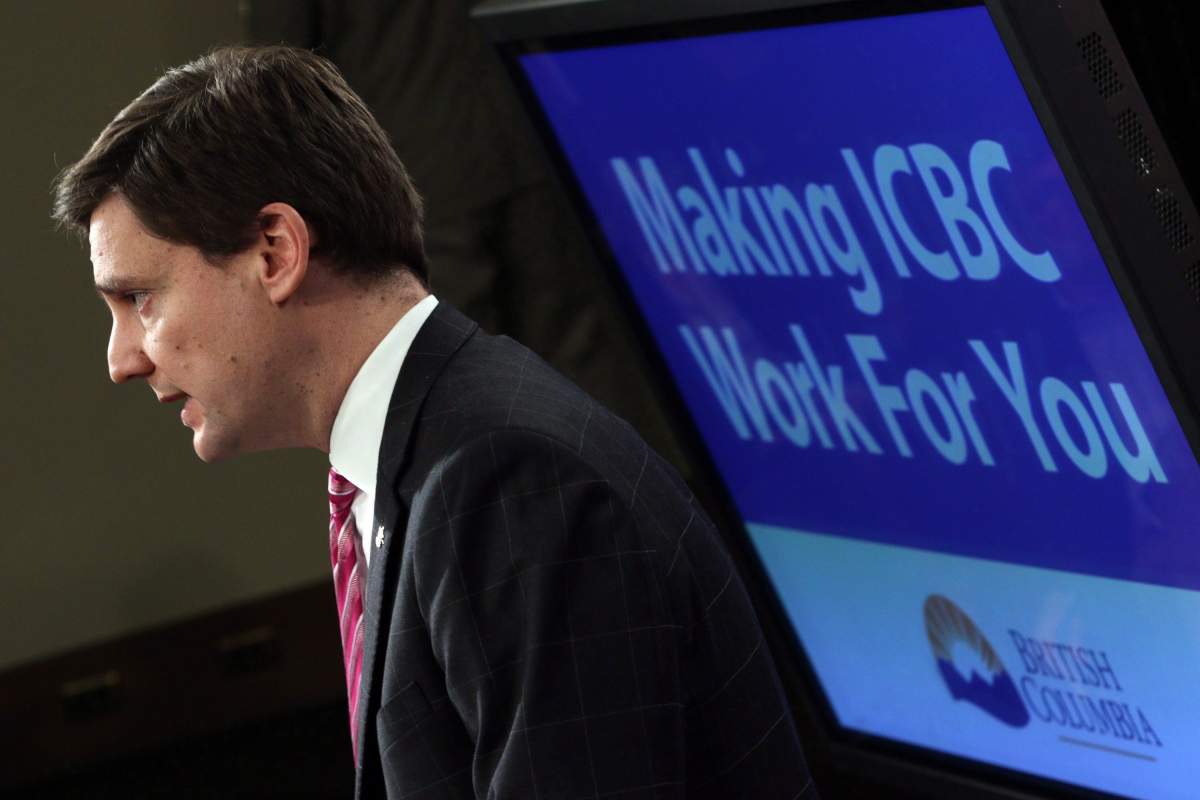


























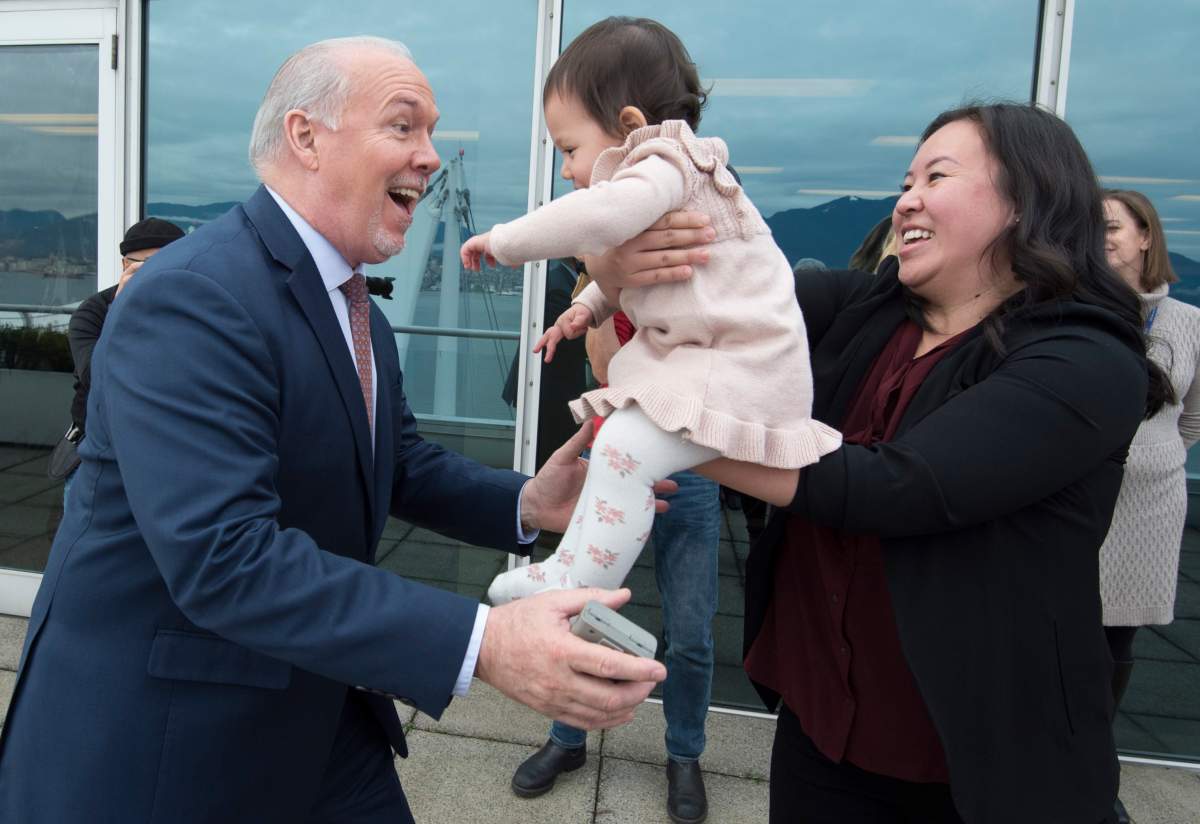











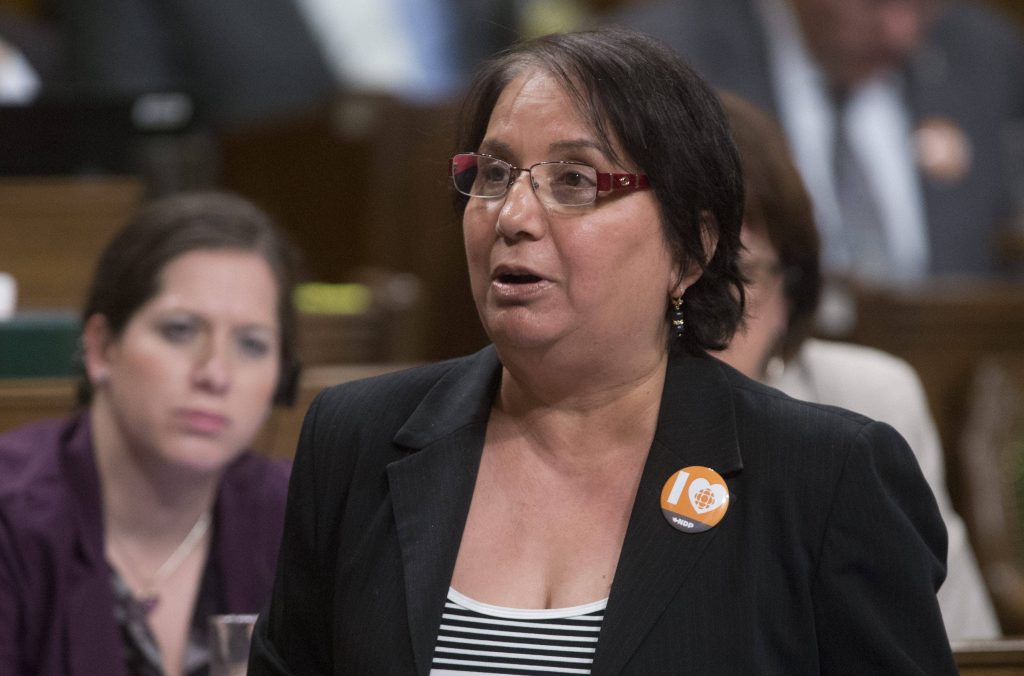








































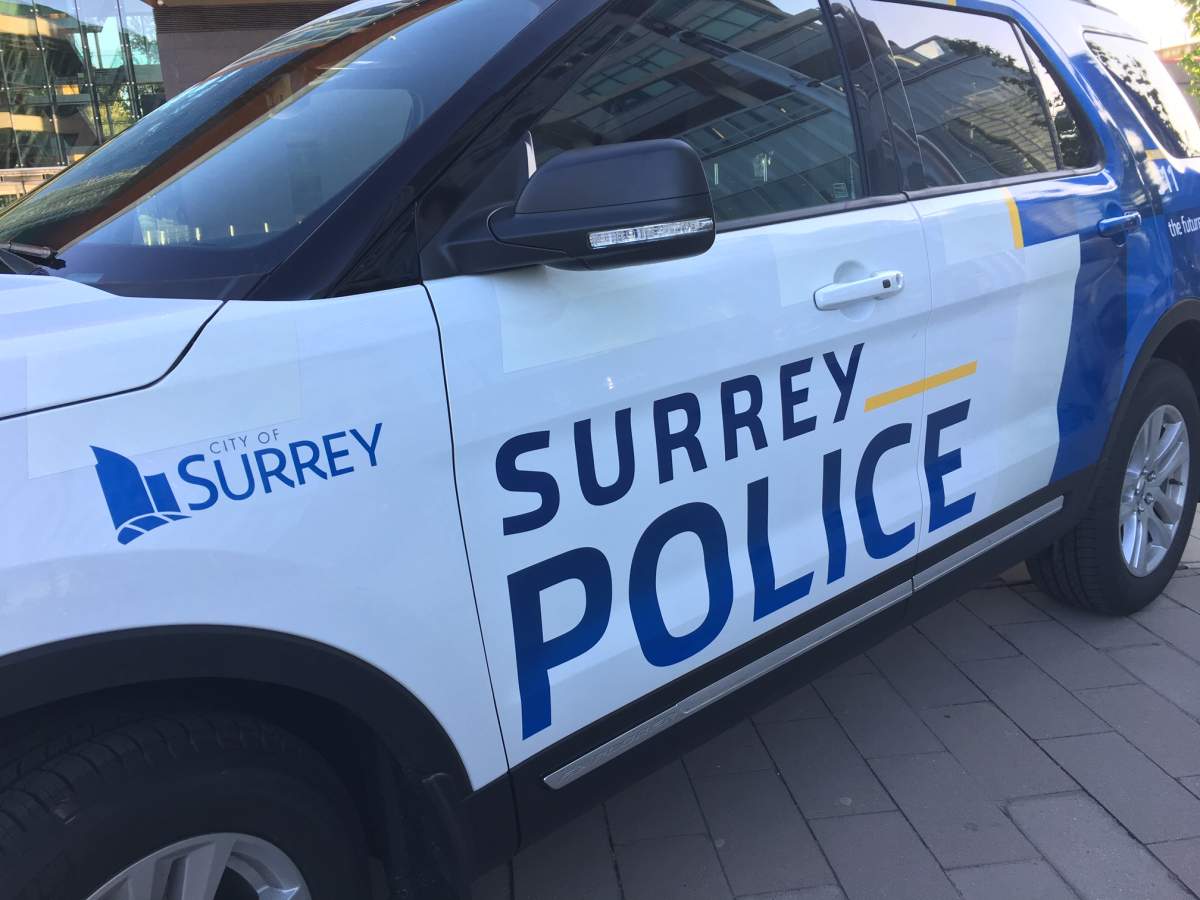












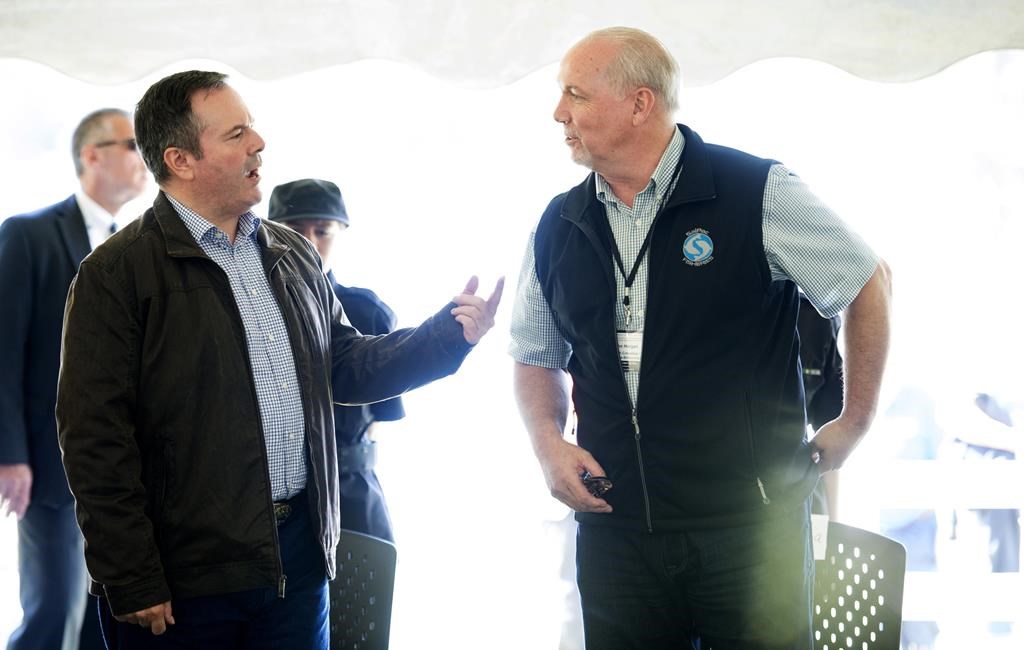







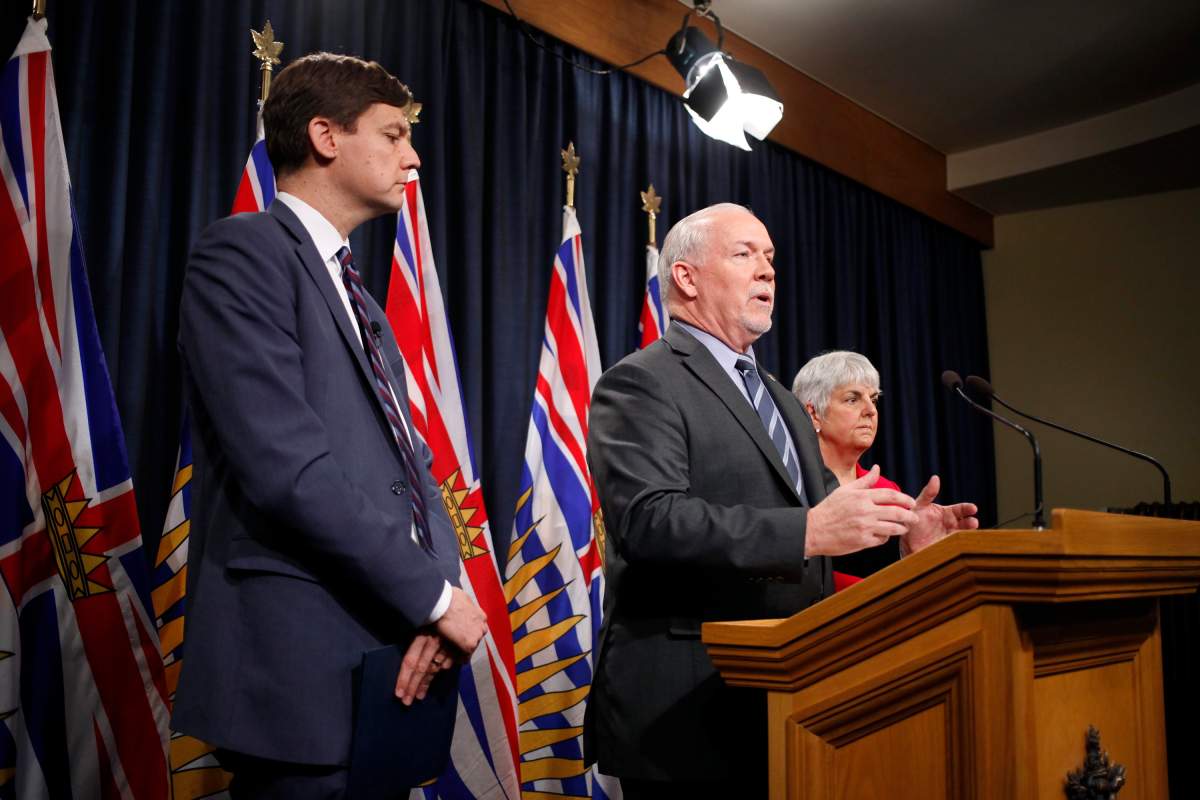


























Comments